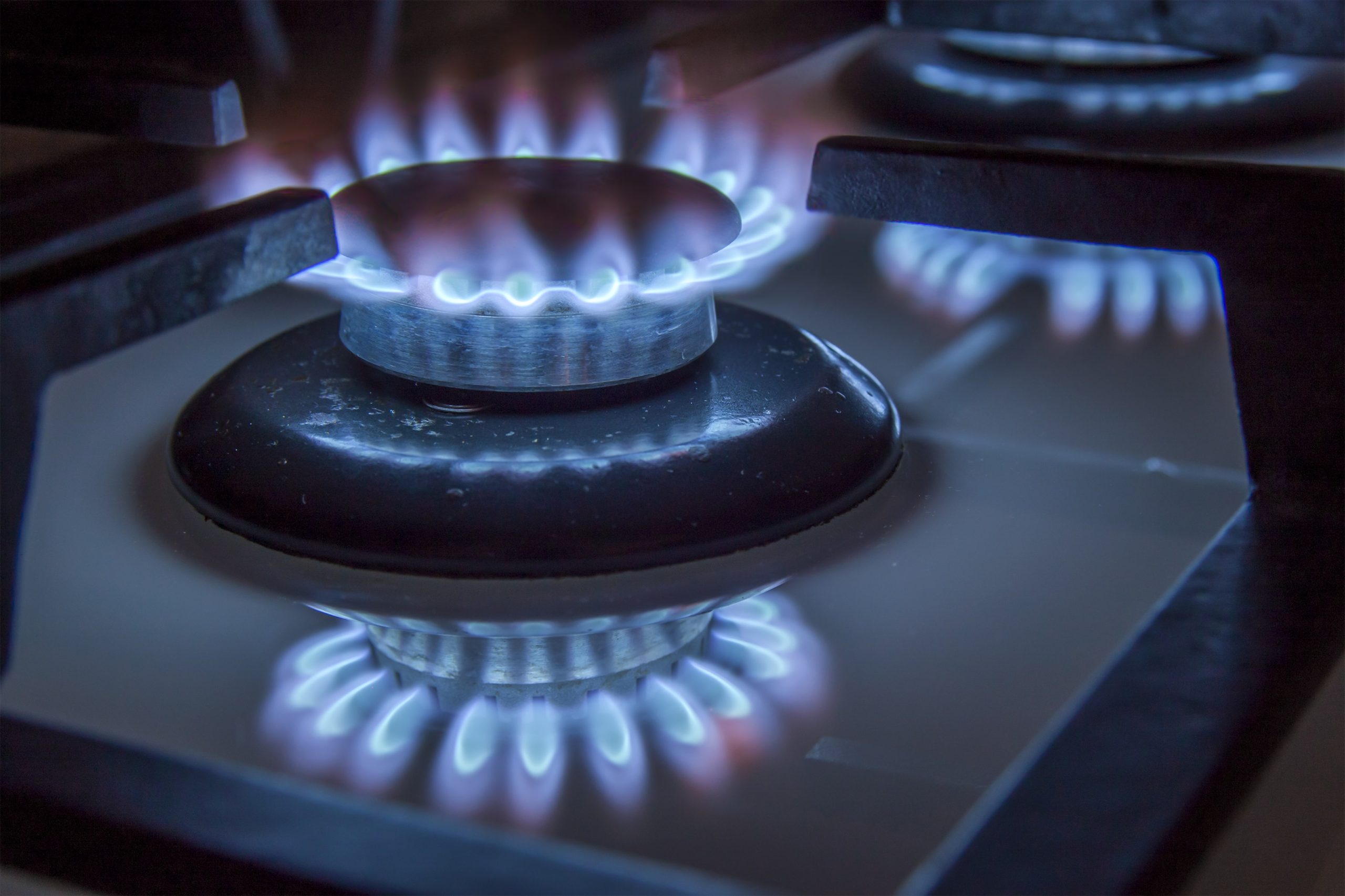Understanding Gas Check Certificates in Milton Keynes: What You Need to Know
In the world of property management and safety regulations, the significance of gas safety can not be overemphasized. For landlords, house owners, and tenants in Milton Keynes, getting a Gas Check Certificate is an essential legal requirement. This short article looks into the intricacies of gas safety checks, the significance of the certificate, and the treatments involved in getting one.
What is a Gas Check Certificate?
A Gas Check Certificate, typically referred to as a Gas Safety Certificate, is a file released by a certified Gas Safe registered engineer after conducting a comprehensive inspection of gas appliances, fittings, and flues within a property. This certificate confirms that the home appliances are safe to utilize and comply with the necessary safety requirements.
Why is it Essential?
- Legal Requirement: In the UK, property managers are lawfully mandated to make sure that their gas home appliances are inspected yearly. Failure to do so can lead to extreme penalties, consisting of fines or legal action.
- Safety Assurance: The certificate acts as proof that the gas devices in a residential or commercial property have been inspected and deemed safe, minimizing the threat of gas leaks, explosions, and carbon monoxide gas poisoning.
- Comfort: For tenants, having a Gas Check Certificate offers peace of mind concerning their safety and wellness, thus fostering a relying on landlord-tenant relationship.
The Process of Obtaining a Gas Check Certificate in Milton Keynes
Step 1: Find a Qualified Gas Safe Engineer
To initiate the procedure, property owners or house owners require to work with a Gas Safe registered engineer. This can be done through suggestions, online searches, or expert organisations. It's essential to ensure that the engineer is totally qualified and registered, as this will guarantee compliance with legal standards.
Action 2: Schedule an Inspection
As soon as a suitable engineer has actually lain, the next step involves arranging an inspection. The engineer will examine all gas home appliances, consisting of:
- Boilers
- Gas fires
- Cookers
- Hobs
- Gas meters
Step 3: The Safety Check
Throughout the inspection, the engineer will undertake a number of critical checks, including:
- Functional Testing: Ensuring that all appliances are working correctly.
- Ventilation Checks: Assessing whether home appliances are effectively aerated to avoid harmful gases from building up.
- Flue Examination: Examining flues for blockages and guaranteeing they are fitted properly.
- Pressure Test: Checking for gas leakages and determining gas pressure levels.
Step 4: Issuance of the Certificate
If an engineer recognizes problems, they will provide a report detailing the needed remedial actions. When all home appliances pass their assessments, the engineer will release a Gas Check Certificate. This file needs to be kept file and can be offered to tenants upon request.
What Happens If the Inspection Fails?
- Immediate Action Required: If any gas home appliances are discovered to be unsafe, landlords are needed to take instant action. The engineer may detach the device, and it is then the landlord's duty to organize repair work.
- Re-inspection: Once the required repairs have been made, a re-inspection will be needed before a new Gas Check Certificate can be provided.
- Record Keeping: It's vital for proprietors to preserve records of any examinations, repair work, and certificates provided. This documentation can be vital for compliance and openness.
Costs Involved in Obtaining a Gas Check Certificate
The expense of acquiring a Gas Check Certificate can differ based upon numerous factors, consisting of:
- Size of the property
- Number of devices
- The engineer's rates
On average, proprietors can anticipate to pay between ₤ 60 to ₤ 120 for the inspection and issuance of a certificate. While this may appear like a significant cost, it is a little price to spend for ensuring the safety of renters and the home itself.
Often Asked Questions (FAQs)
1. How typically do I need a Gas Check Certificate?
Landlords are required to acquire a Gas Check Certificate at least once each year for each residential or commercial property they lease out. Property owners ought to also think about regular checks to guarantee their own safety.
2. What if my gas appliance is risky?
If an engineer determines that an appliance is risky, they will disconnect it and recommend you on the needed actions to take. Immediate remedial action is vital to make sure safety.
3. Can I complete the gas safety check myself?
No, only a qualified and Gas Safe registered engineer can conduct a gas safety check. Attempting to carry out the inspection without correct training and qualifications can posture severe risks.
4. For how long does the inspection take?
A typical gas safety inspection can take anywhere from 30 minutes to an hour, depending on the number of home appliances and the intricacy of the installation.
5. Exists a charge for not having a Gas Check Certificate?
Yes, property managers who fail to acquire a Gas Check Certificate can deal with legal charges, including fines of approximately ₤ 25,000, or perhaps jail time in serious cases. Furthermore, landlords might likewise be subject to civil claims from renters in case of gas-related mishaps.
A Gas Check Certificate is not only a legal requirement for landlords in Milton Keynes but likewise a crucial element of ensuring the safety and wellness of tenants. By understanding the process, responsibilities, and implications involved in the accreditation, both proprietors and homeowners can foster a much safer living environment. erickamozga.top reflects a commitment to health and safety and reinforces trust within the landlord-tenant relationship.

